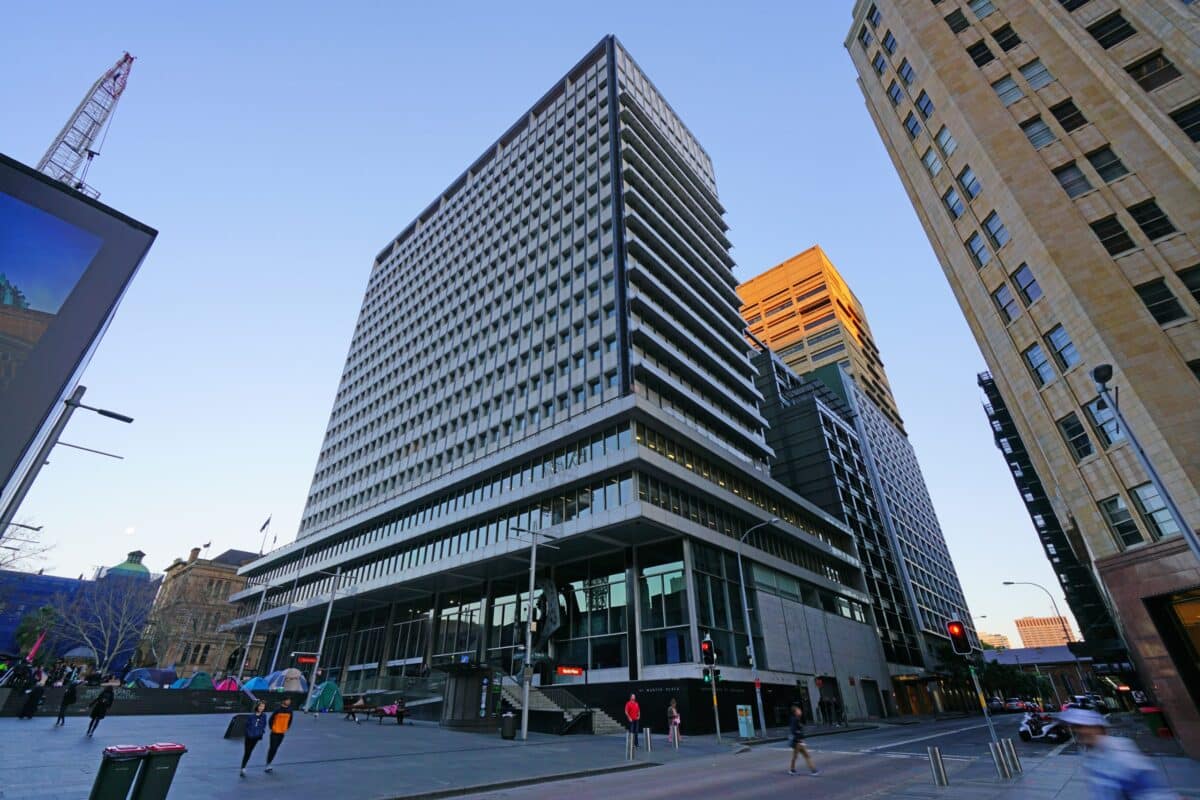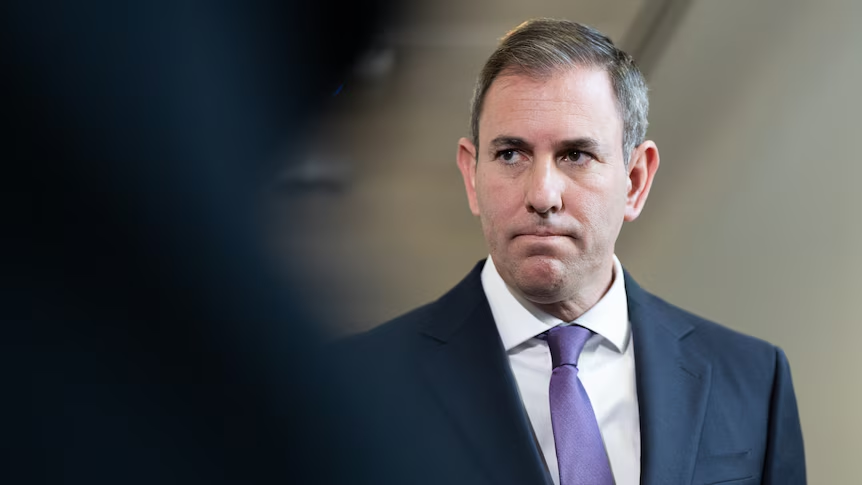Australia’s economy faces potential inflationary risks as US President Donald Trump’s proposed tariffs threaten to disrupt trade. The Australian government is especially concerned about the impact on steel and aluminium imports, which could result in rising costs for Australian manufacturers and consumers alike.
With the Reserve Bank of Australia (RBA) poised to raise interest rates if inflation accelerates, the government is on high alert. The looming threat of tariffs could force the RBA to reconsider its current monetary policy.
Impact on Australia’s Economy
According to Australian Treasurer Jim Chalmers, the proposed tariffs on steel and aluminium imports, set to take effect in March, may lead to higher inflation in Australia. The federal government has already been working to secure an exemption, akin to the one granted during Trump’s first term, to mitigate the economic repercussions.
In a recent interview, Chalmers highlighted the significant risks posed to Australia’s trade-exposed economy. “We’ve got a very trade-exposed economy,” Chalmers stated. “And so we don’t want to see the escalation of these trade tensions.”
The impact on Australian manufacturers could be substantial. Approximately 11% of Australia’s imports come from the US, with a significant portion made up of machinery, vehicles, and medical instruments that rely on steel and aluminium.
According to economist Scott French of the University of NSW, these tariffs would drive up production costs in the US, which could then reverberate through global supply chains, eventually inflating the prices of goods in Australia.

Global Economic Uncertainty and Its Impact on Interest Rates
The Reserve Bank’s recent meeting revealed the degree of uncertainty surrounding the global economic outlook, particularly regarding tariffs and trade wars.
RBA Governor Michele Bullock acknowledged that global trade tensions could have a “bumpy” impact on economic growth, underscoring the unpredictable nature of such geopolitical developments.
While there is concern that inflation may rise due to tariffs, there are also differing opinions about the broader economic effects. John Hawkins, senior lecturer at the University of Canberra, pointed out that a global trade war could slow down the global economy, potentially reducing inflationary pressures in Australia.









